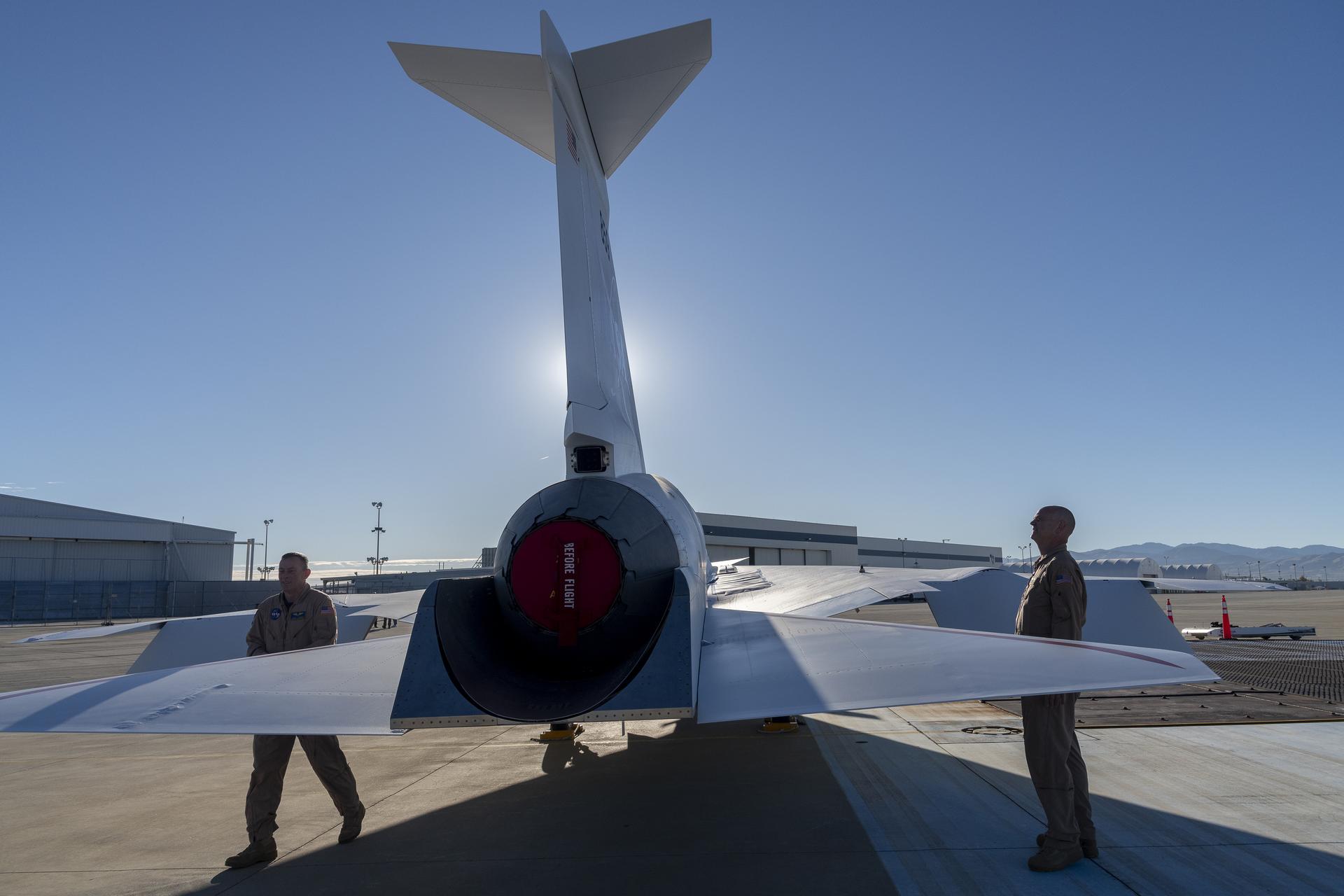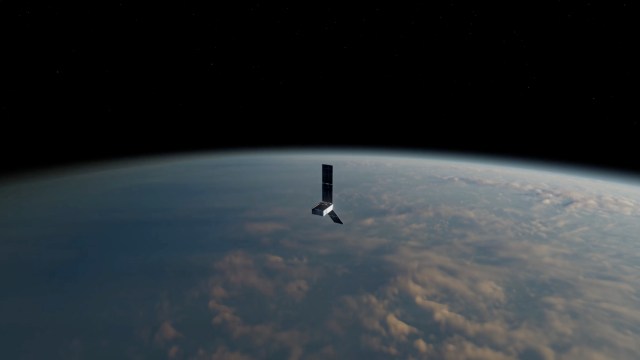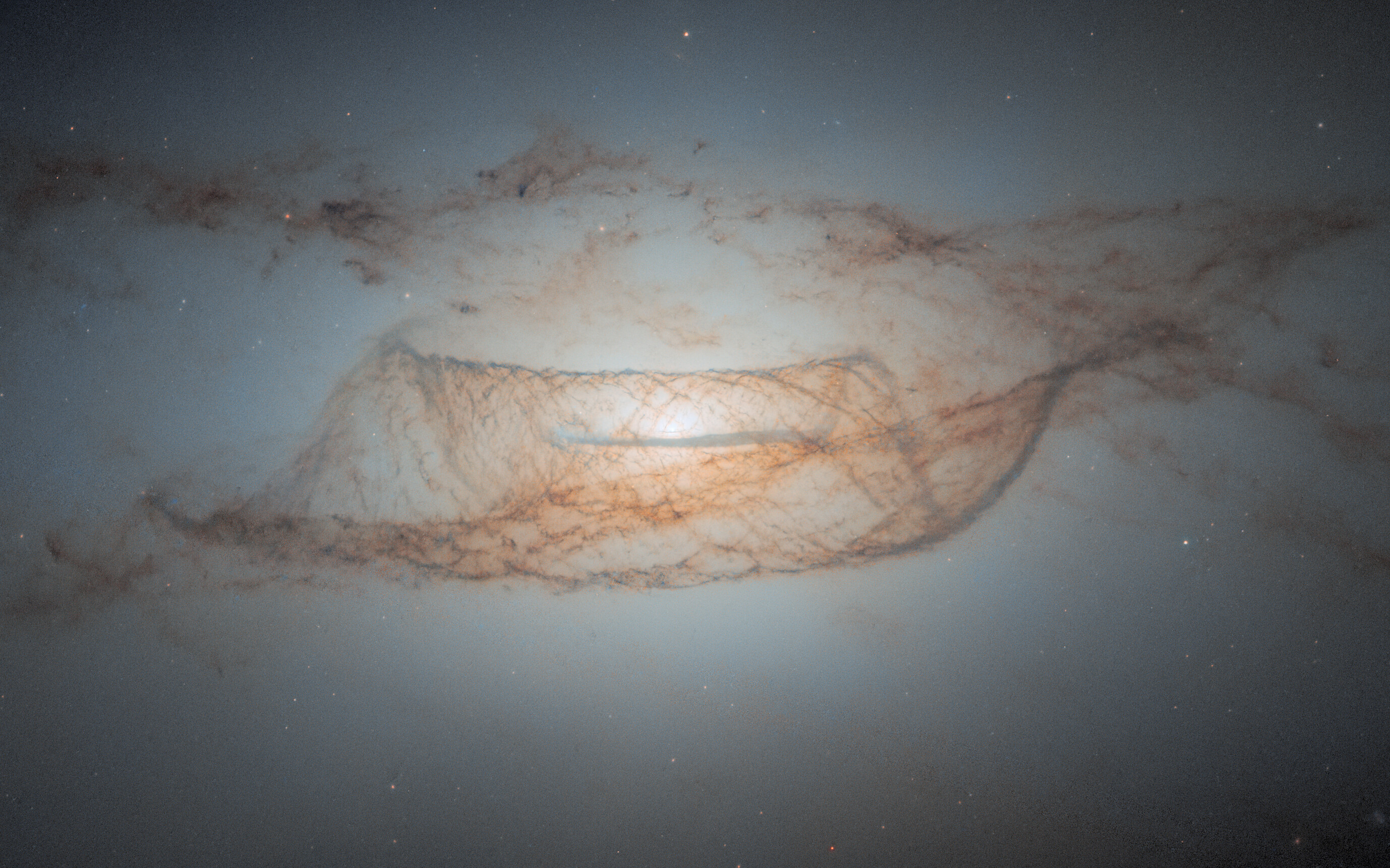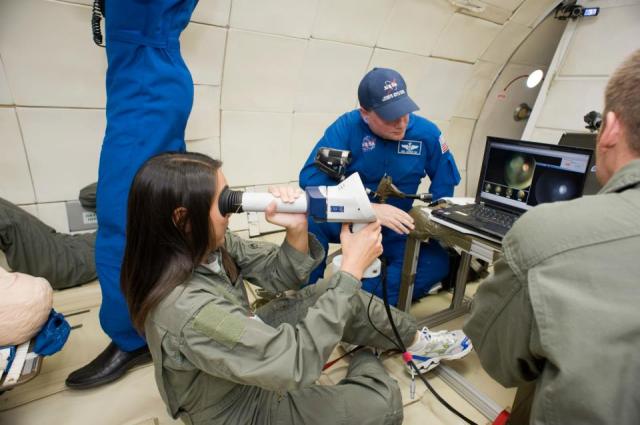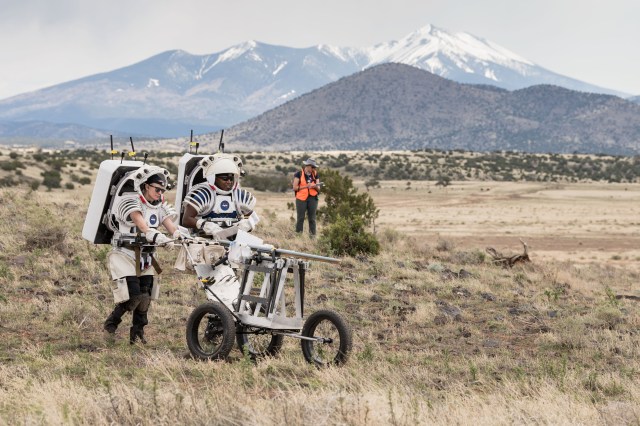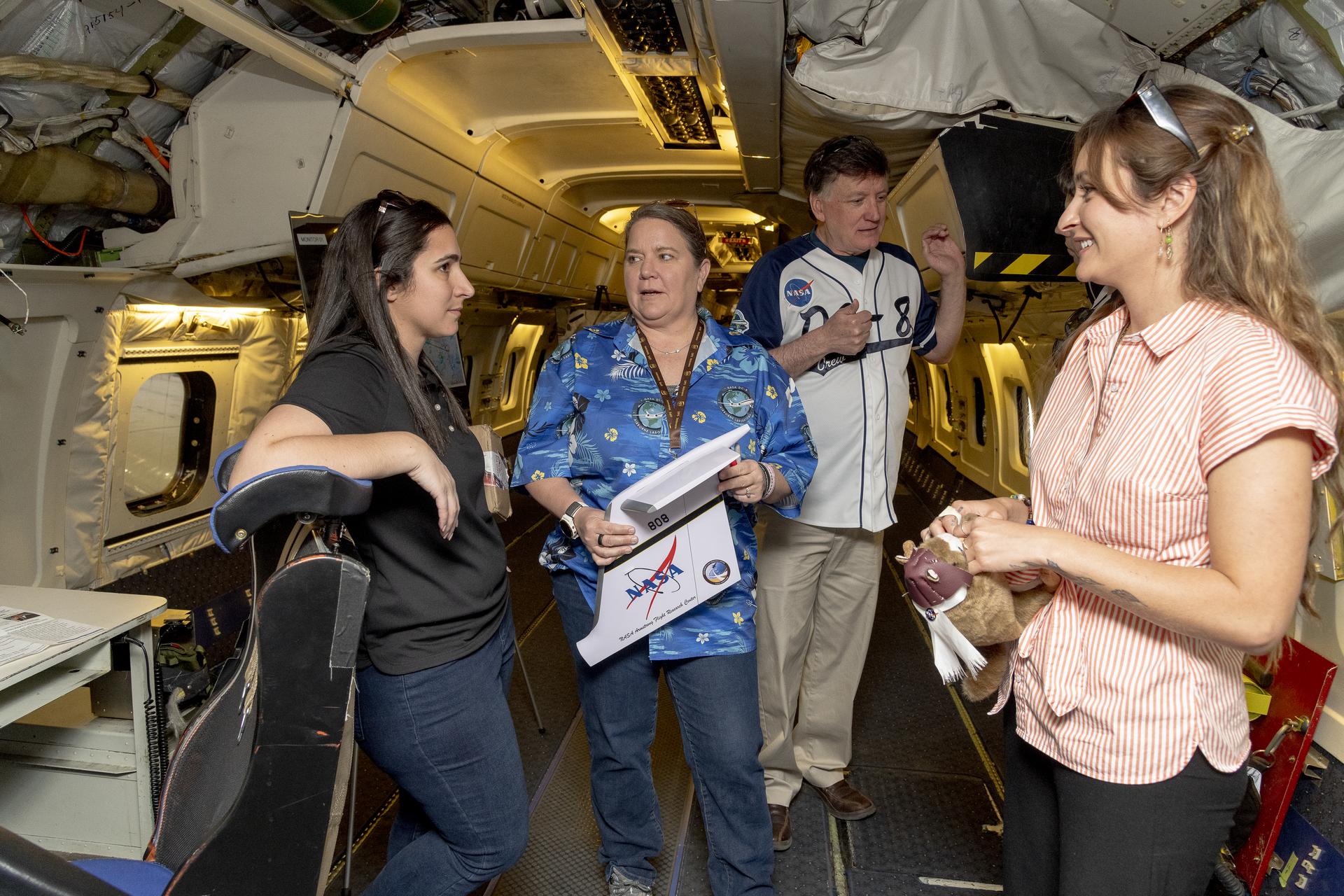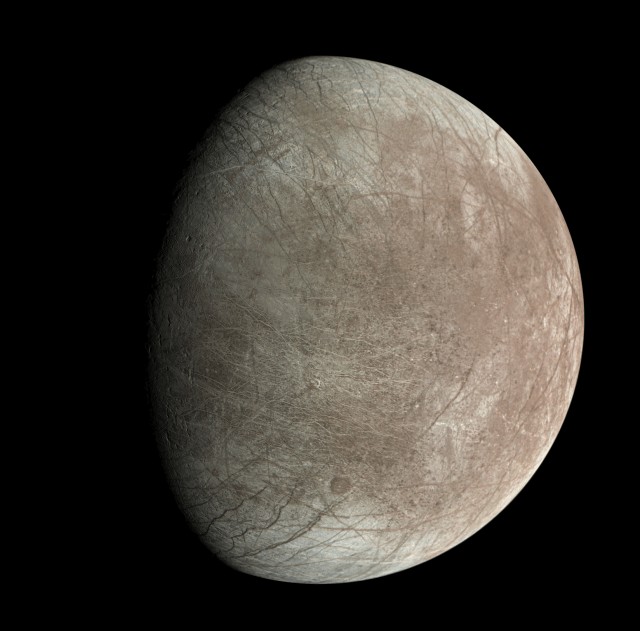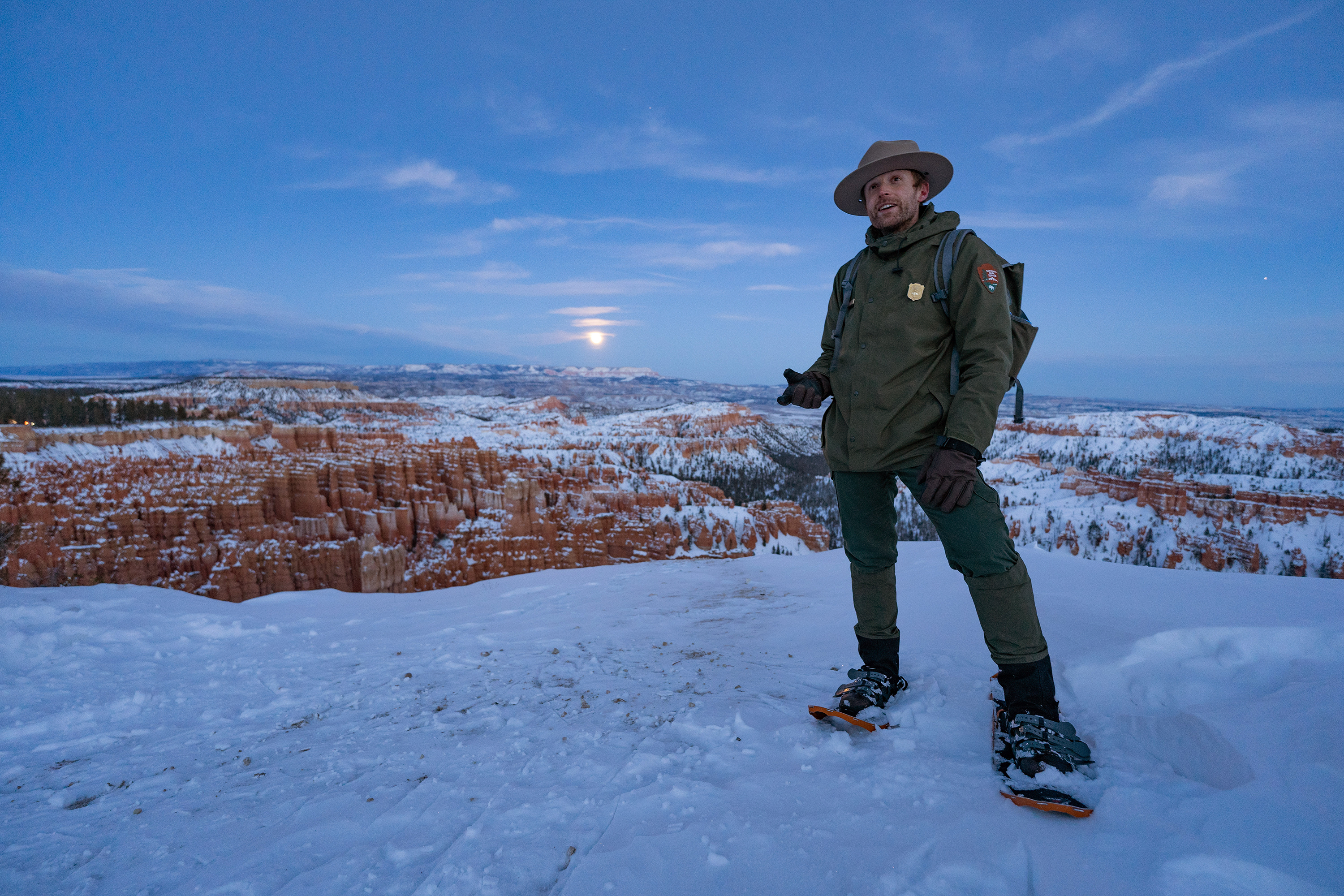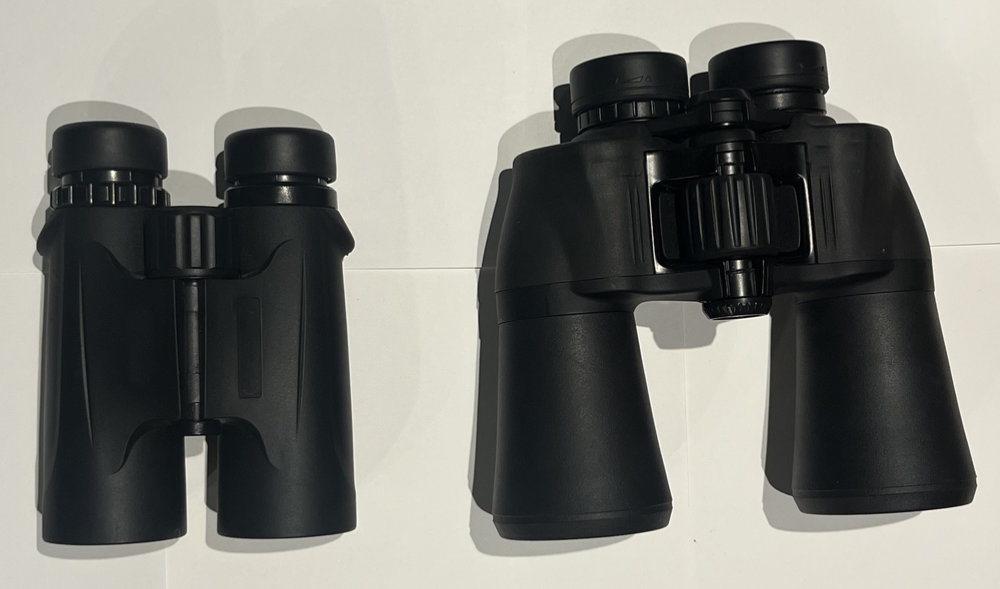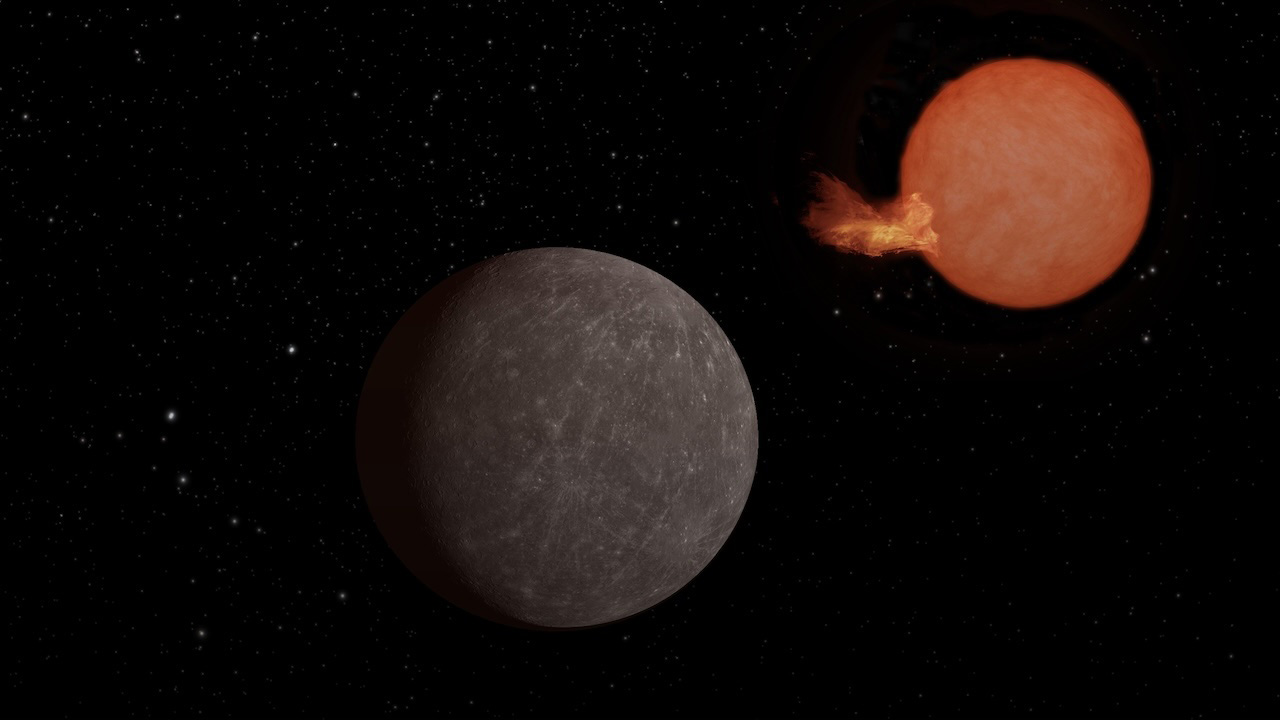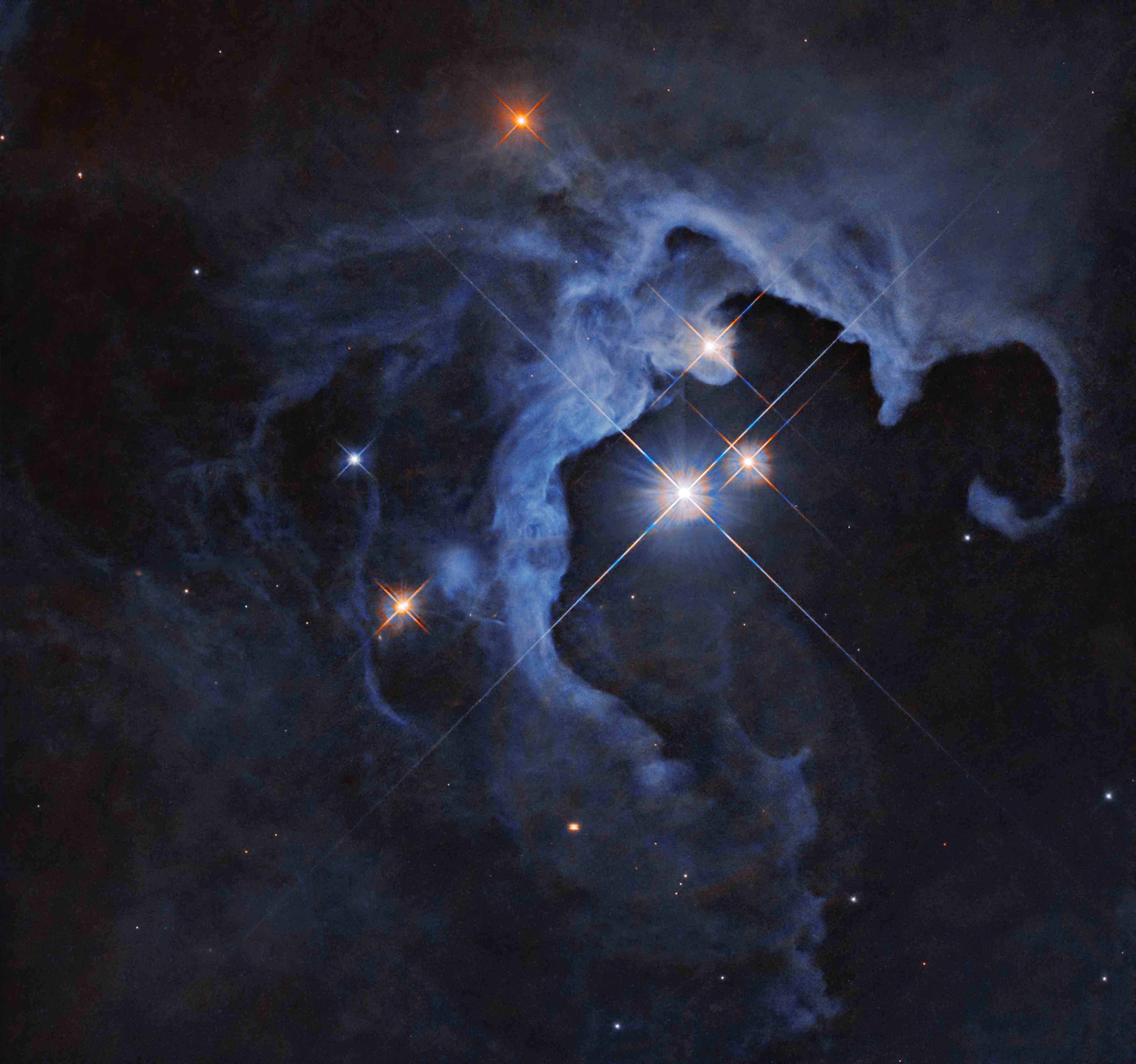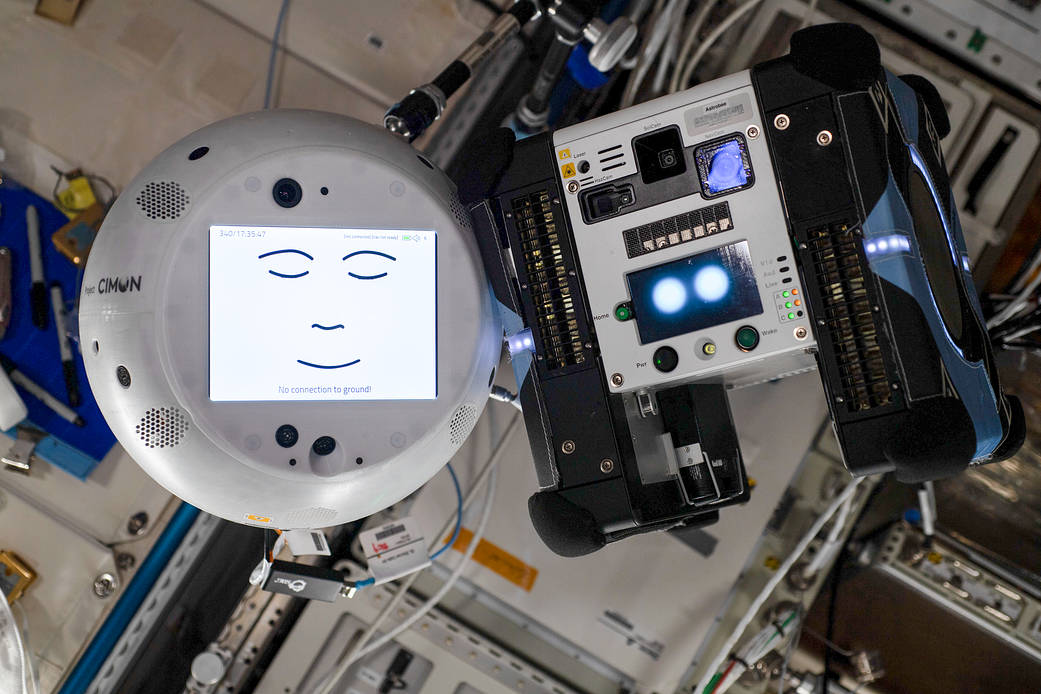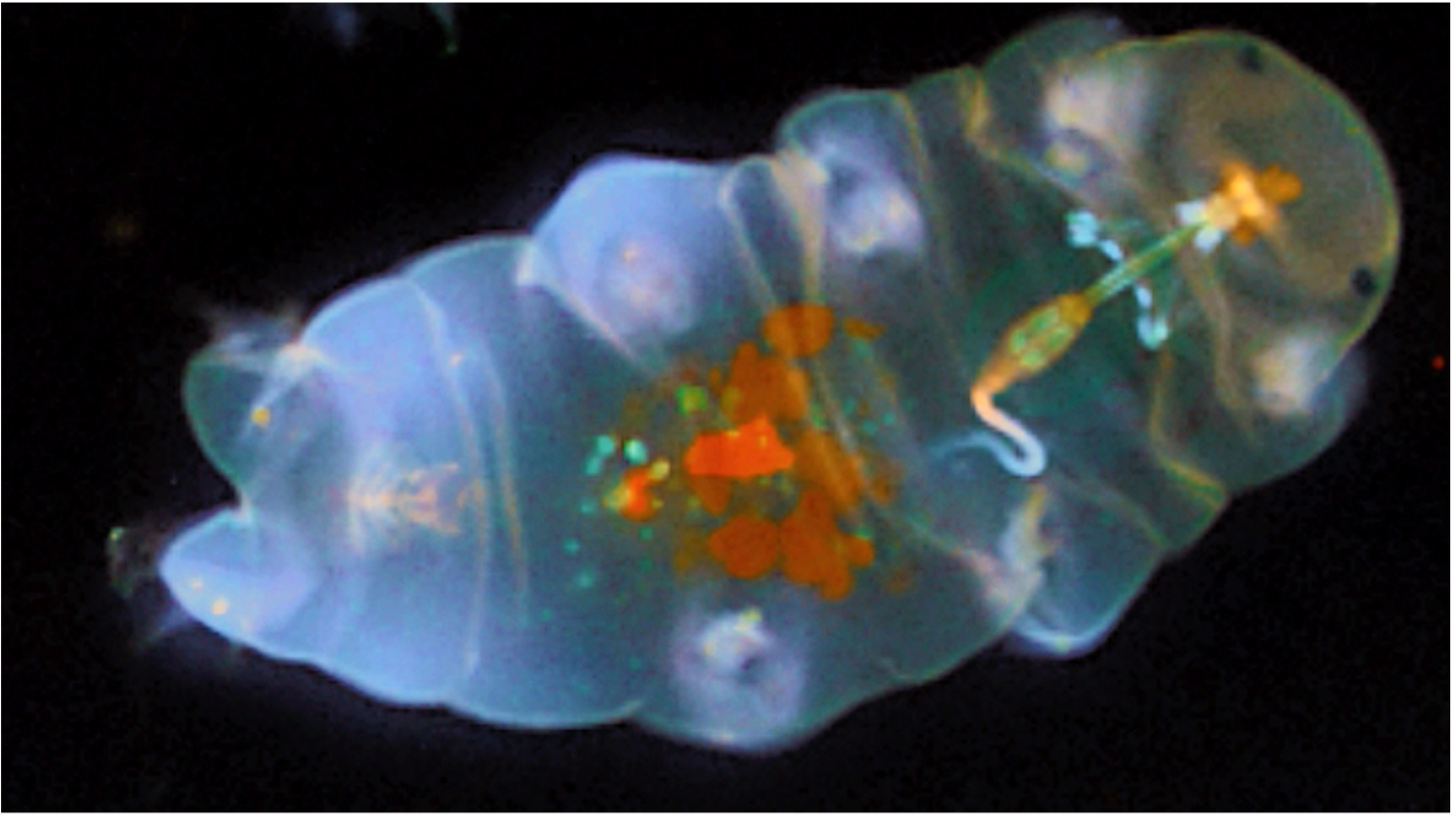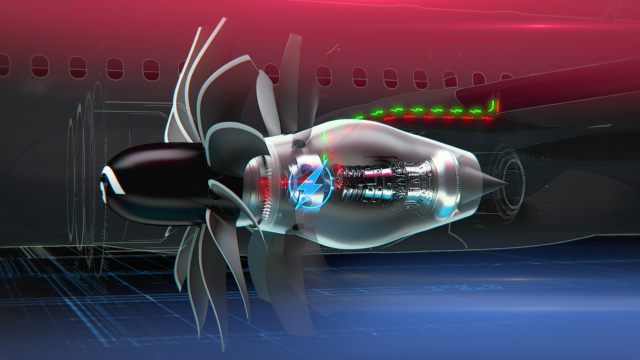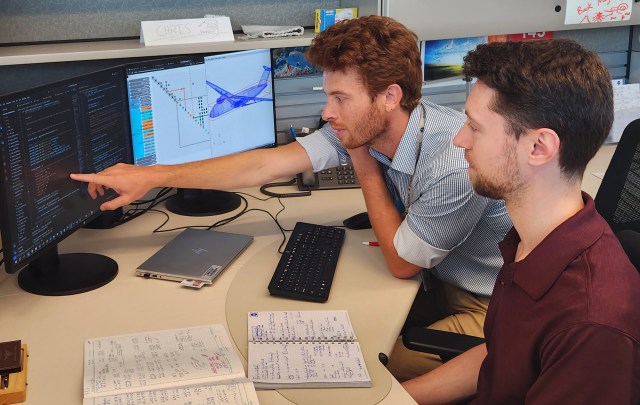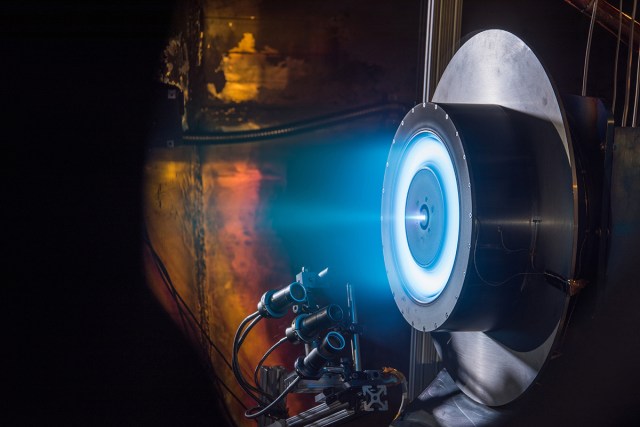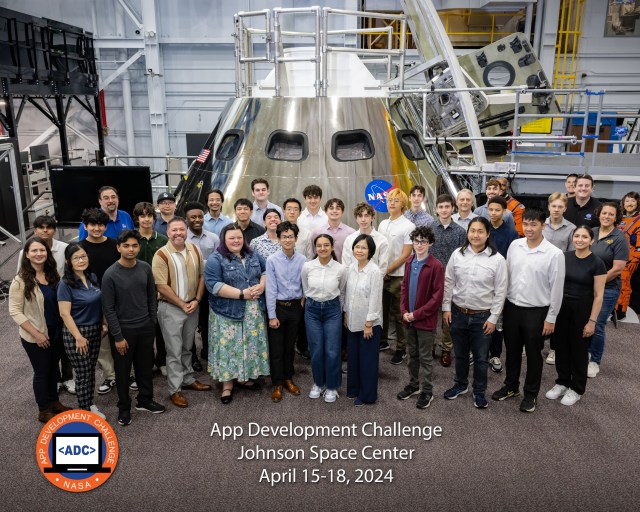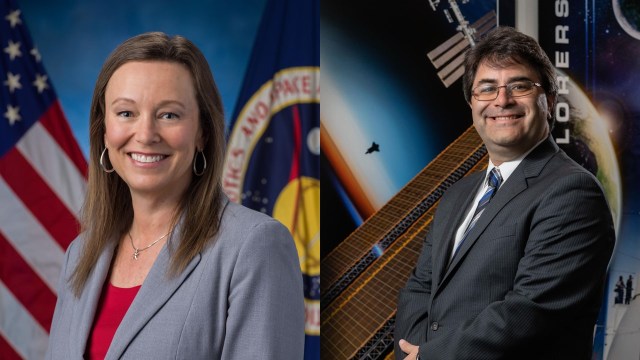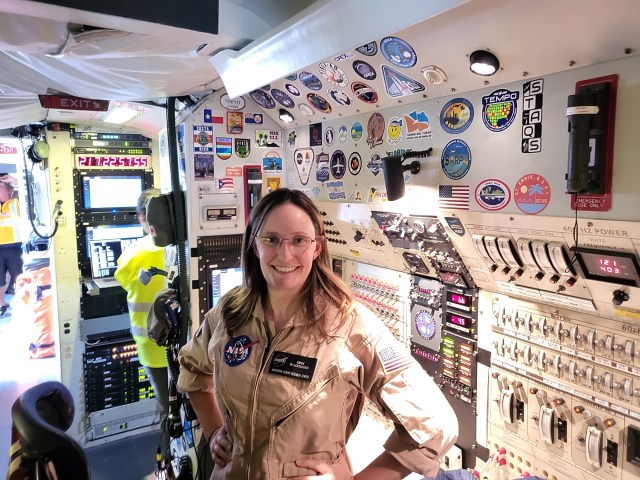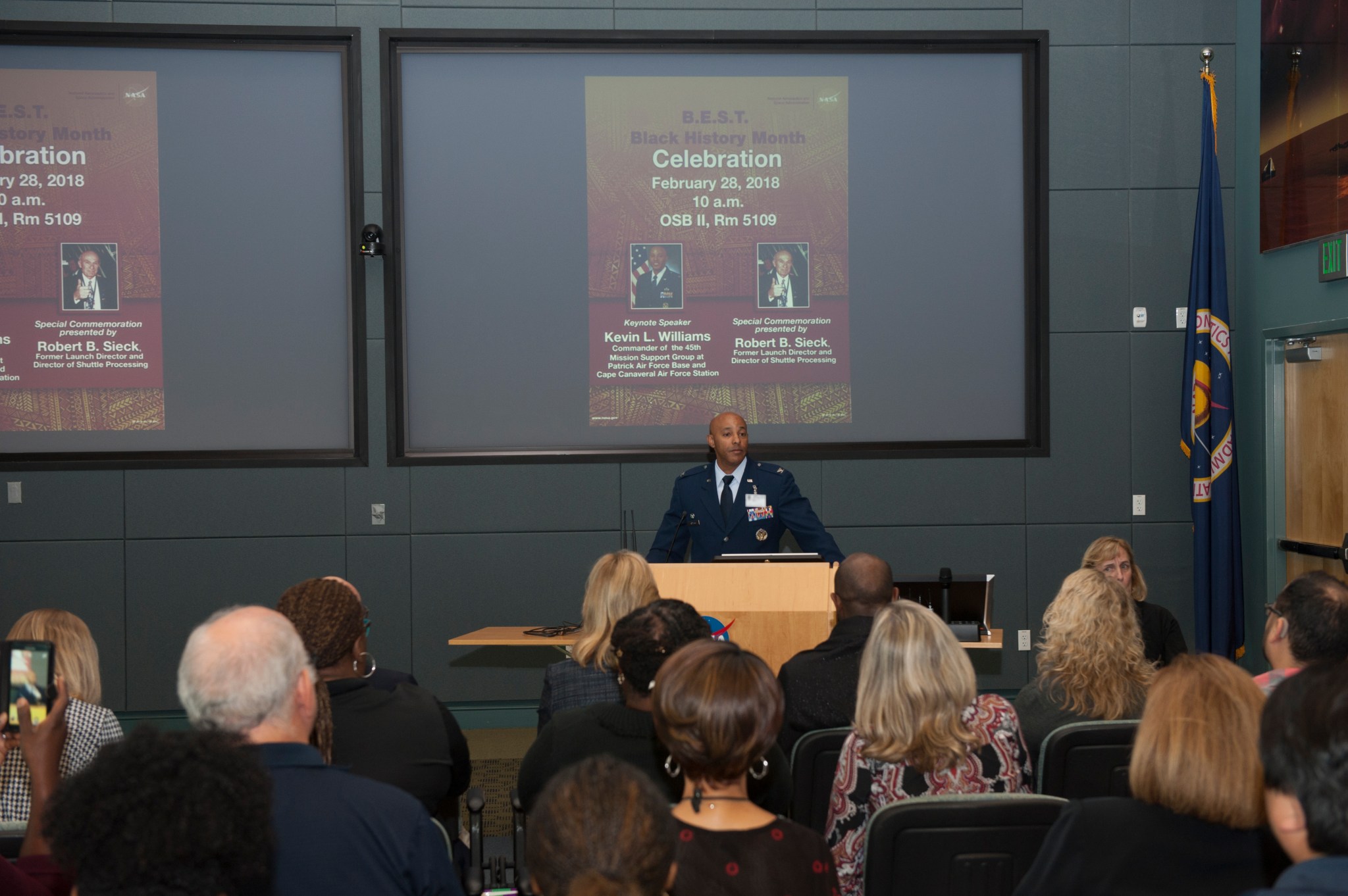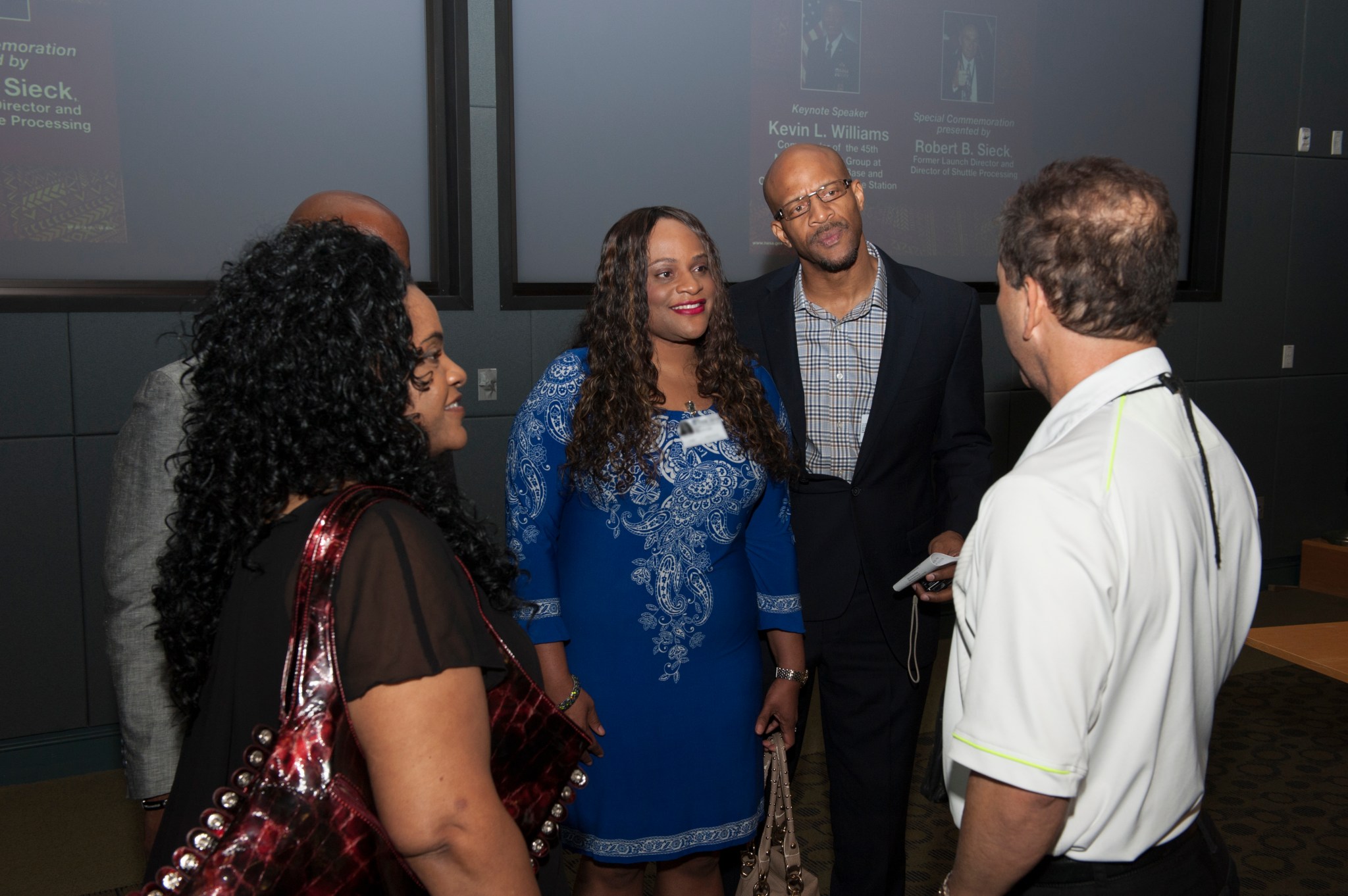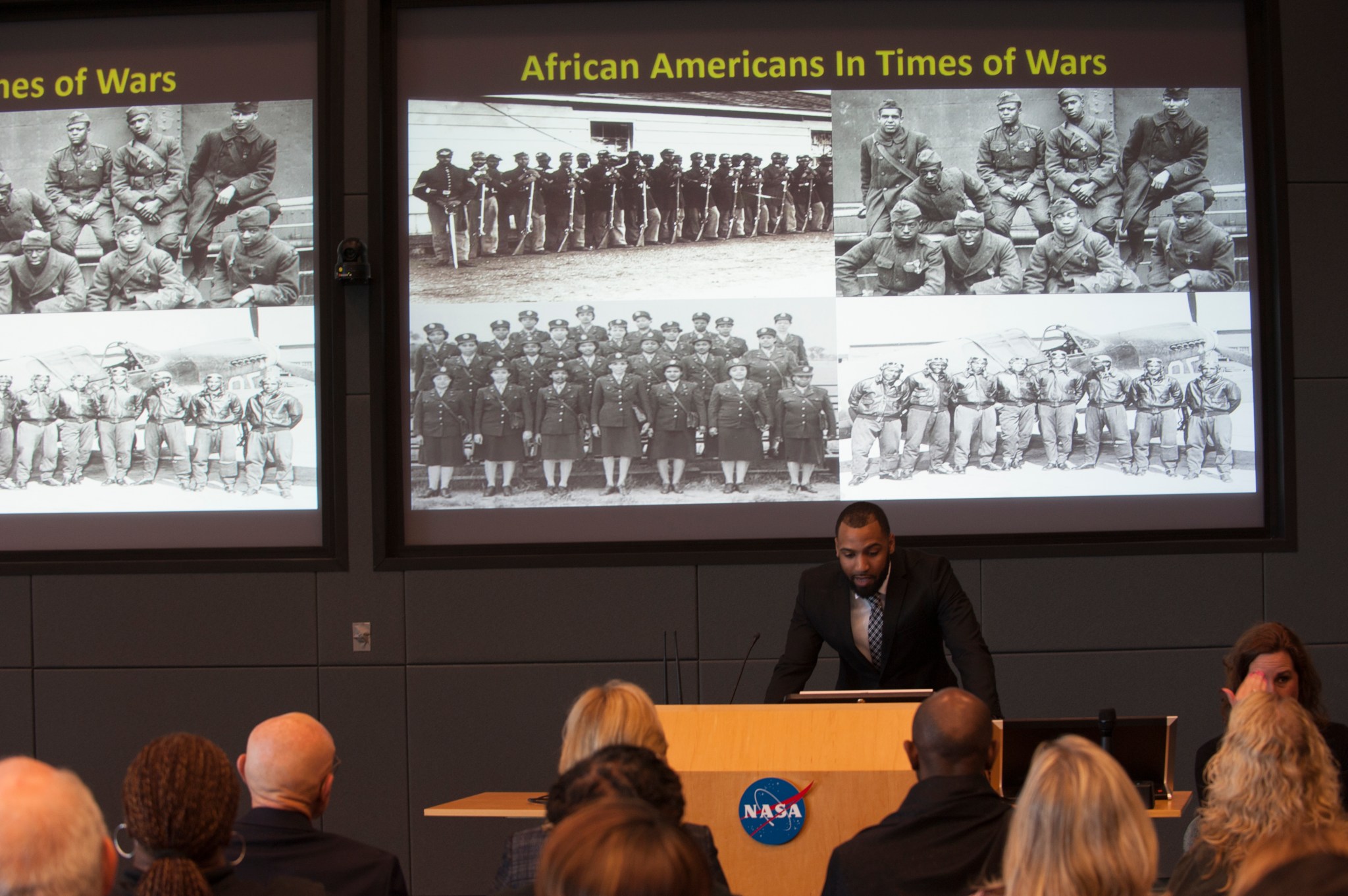
By Linda Herridge
NASA’s John F. Kennedy Space Center
Kennedy Space Center’s Black Employee Strategy Team (BEST) celebrated Black History Month in February with several events, including a special presentation Feb. 28, 2018, with a theme that focused on “African-Americans in Times of War.” The keynote speaker was Col. Kevin L. Williams, commander of the 45th Mission Support Group at Patrick Air Force Base and Cape Canaveral Air Force Station in Florida.
Williams said his mother was his role model. His grandfather also had a huge impact on him. Williams was commissioned in May 1995 after graduating from the U.S. Air Force Academy. He has held positions of ever-increasing responsibility at several U.S. Air Force bases around the country and the world.
In his current position, the 45th Mission Support Group prepares worldwide deployable expeditionary forces, assures comprehensive base support to the wing and 36 Department of Defense tenants, and supports a community of more than 16,000 military and family members, reservists, civilians and contractors, and 125,000 retirees.
“It was my grandfather who encouraged me to remain in the U.S. Air Force,” Williams said. “Our armed forces are beginning to accept more diversity.”
Williams advised young people to earn a college degree. He also focused on the importance of mentoring, especially with young people.
Aaron Jenkins, IT specialist and BEST team member, presented a short overview of African-Americans and their service during wars fought by or within the U.S., beginning with the Revolutionary War and continuing through the War of 1812, the Mexican-American War, the Civil War, the Spanish-American War, World Wars I and II, the Korean and Vietnam Wars, and those currently serving in the Middle East.
A group of black pilots called the Tuskegee Airmen was formed by the U.S. War Department in January 1941. They trained at Tuskegee University in Alabama and by August 1942, enough of the servicemen had graduated to form a full flight squadron of 33 pilots. They were assigned to the 99th Fighter Squadron during World War II.
In 1948, President Harry Truman ended segregation in the military and new opportunities opened up for African-Americans to serve.
“Overcoming adversity, all of these servicemen and women shared a willingness to serve in times of war,” Jenkins said.
The BEST team honored a former NASA employee who made significant contributions to NASA’s mission of space exploration with a “BEST Commemorates” recognition. Special guest Bob Sieck, former launch director and director of Shuttle Processing, paid tribute to the contributions of the late Alfred McGee, an engineer who was a specialist on the Environmental Control and Life Support System (ECLSS). He led the ECLSS project for the Apollo and Space Shuttle Programs.
McGhee joined NASA in 1968, and was a founding member of BEST. He served as its president from 1985 to 1993.
“Back in the 1960s, we were all on the same team,” Sieck said. “NASA set the mood for acceptance of minorities and women. Al McGee had the right stuff.”
McGee’s two daughters, Latrecia Simpson and Anjanette McGee-Cason, and their family accepted the commemoration in their father’s honor.
“We strive for diversity and inclusion at Kennedy Space Center,” said Janet Petro, Kennedy’s deputy director.
The event concluded with voices joined in singing a verse of the Negro National Anthem, “Lift Every Voice and Sing.”
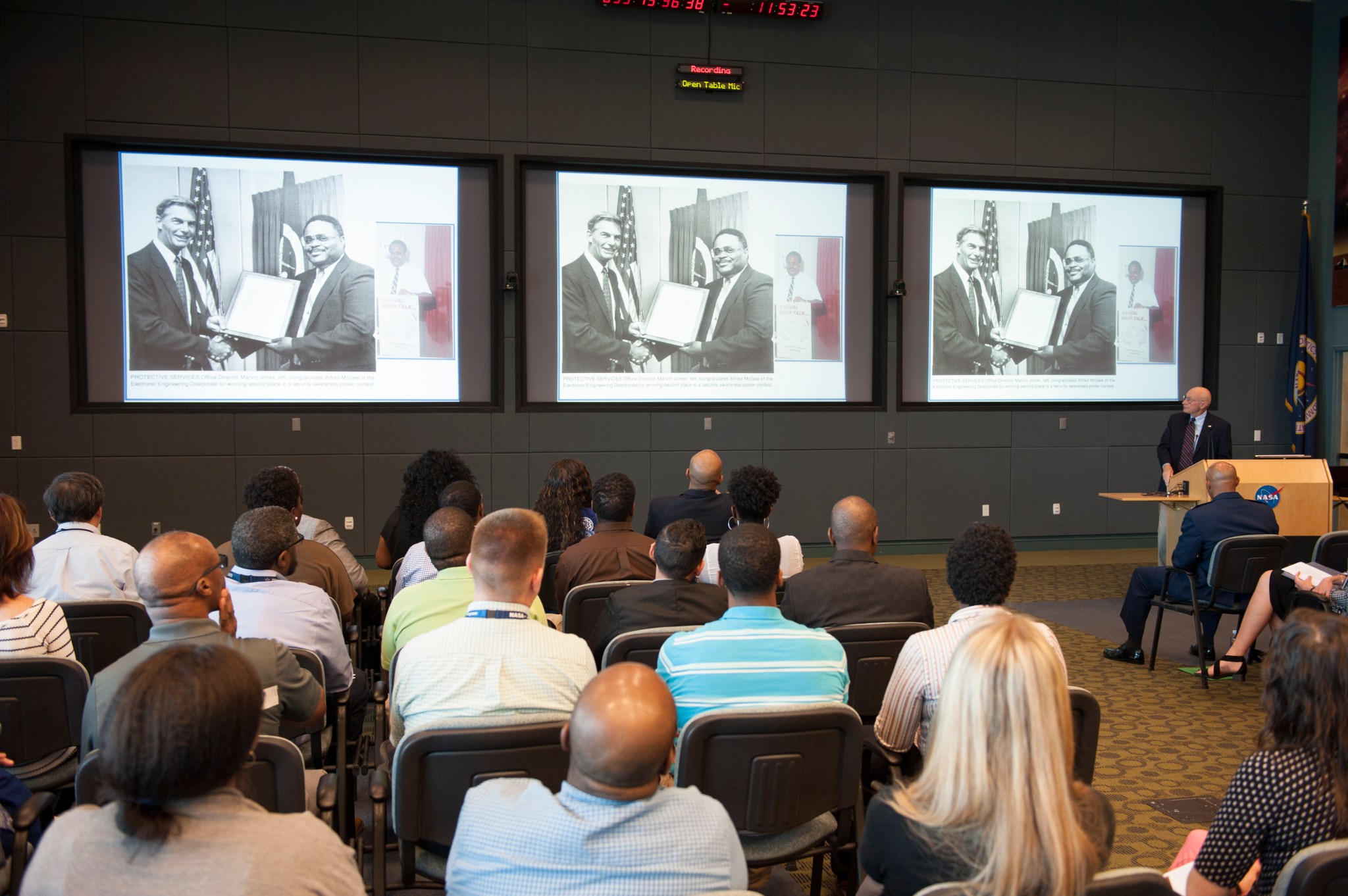
Earlier in the month, BEST hosted a kickoff meet and greet event. The group also hosted a panel discussion, “Leading in Times of Change,” moderated by Norman Phelps II, an aerospace engineer in the Launch Services Program. The panelists were H.Q McKinney, chief of the Launch Services Program’s Resource Management Office; Tiffany Alexander, Safety and Mission Assurance branch chief for Exploration Ground Systems; and Eric Denson, chief electrical engineer in the Engineering Directorate.
“As an organization, BEST primarily is interested in advancing understanding and cooperation between Black Americans and our non-minority counterparts,” said Martin Hayes, BEST chairperson. “One way to do this is by educating everyone about the contributions Black Americans have made to improve the lives of their fellow Americans.”
BEST is an employee resource group that represents the voice of the African-American workforce at Kennedy. Its mission is to encourage African-Americans to pursue excellence in leadership and career development to advance the competencies, opportunities and diversity of the Kennedy Space Center workforce in support of the center’s mission and beyond.


